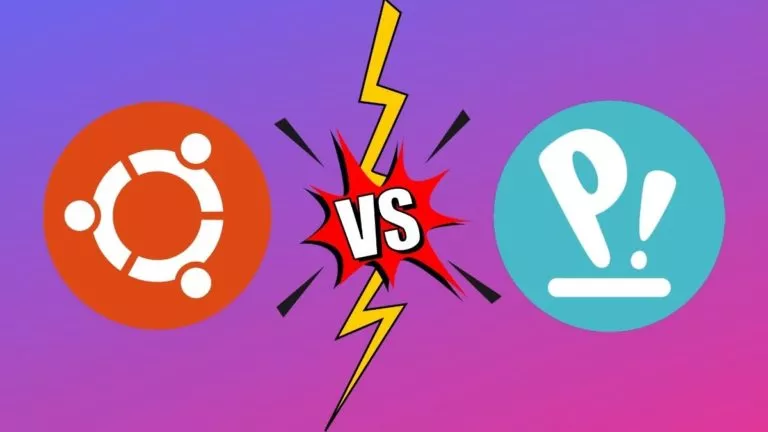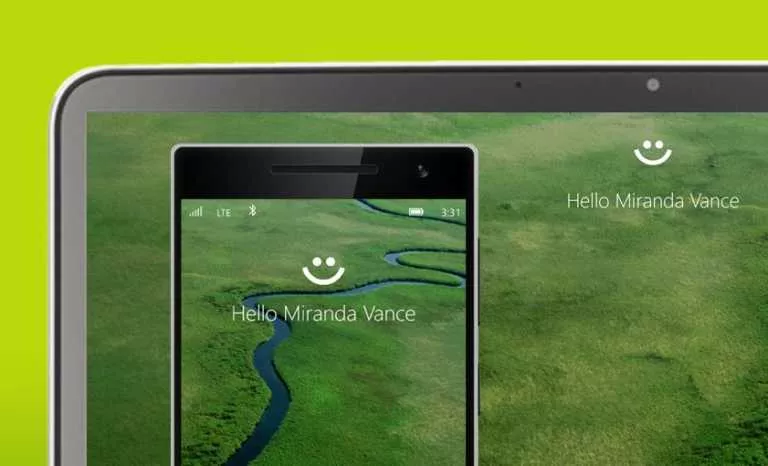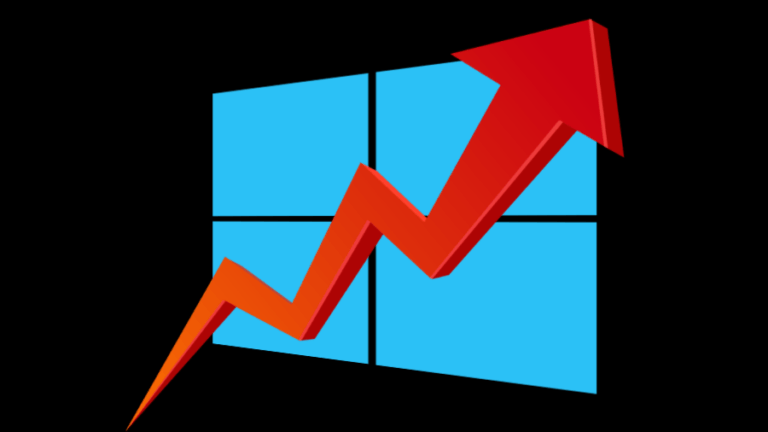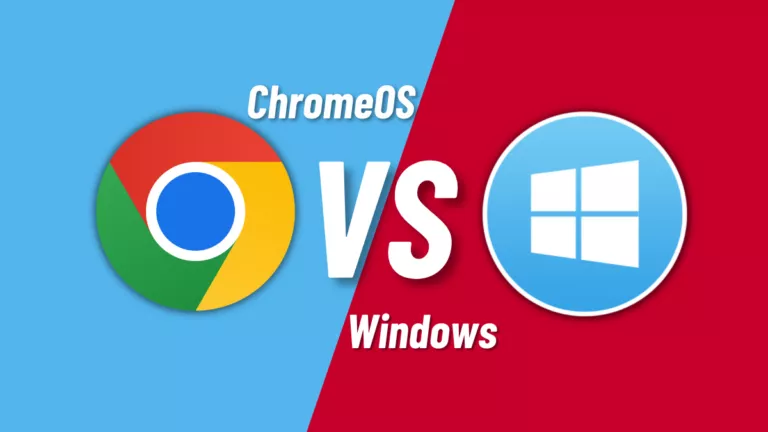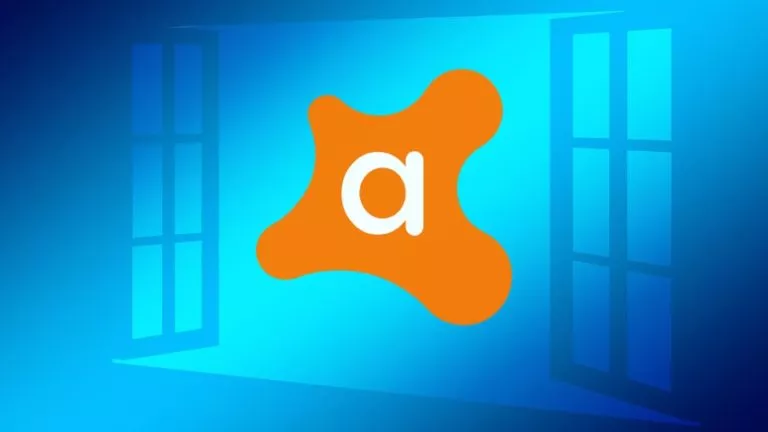What is OEM Windows? How It’s Different From Retail Version Of Windows?
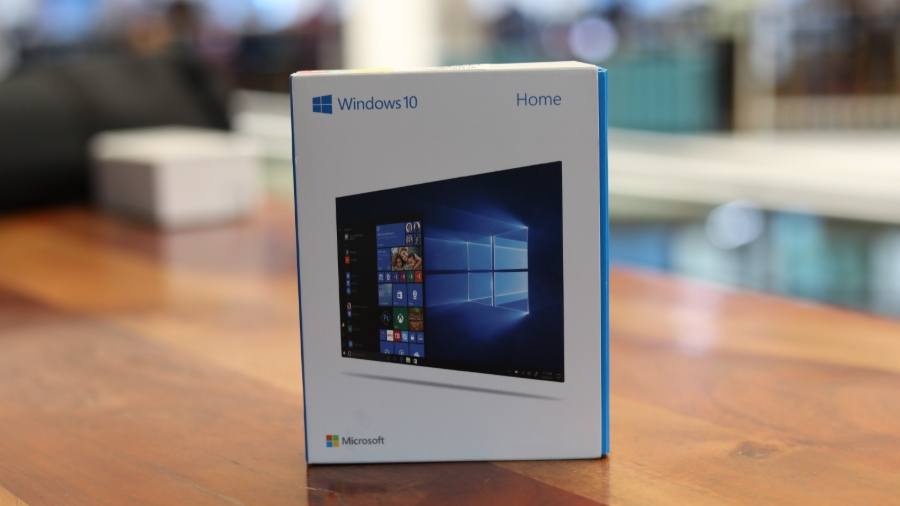
You bought a new desktop or laptop with Windows operating system pre-installed on it. By looks and working, it’s no different than the Windows copy you purchase separately and install on your computer. Still, there is a difference.
Until now, you might have realized that I am talking about OEM Windows, which is shipped with almost every new PC nowadays unless you purchased one without an operating system or have special love for Linux distributions.
What is OEM Windows?
You may already know that OEM stands for Original Equipment Manufacturer. According to Wikipedia, an OEM produces the hardware or software to be used in the end-product of some other company.
Technically, Microsoft is an OEM as its Windows OS ships on PCs manufactured by companies like Dell, HP, Lenovo, MSI, etc. However, things become confusing when one realizes that the term original equipment manufacturer is also used for such PC vendors as well.
Windows OEM (System Builder) is not something that has popped up in recent years. Microsoft is shipping OEM Windows versions for a couple of decades. Like we had OEM versions for Windows XP, Windows 7 and even older ones like Windows 2000, etc.
In terms of Windows software and usage, the OEM and retail Windows are identical. You get all the features as well as the unstoppable software updates.
Just like retail, Windows OEM copy also comes in 32-bit and 64-bit version. Although, the 32-bit Windows is losing popularity due to its incapacities.
So, how is OEM Windows 10 different from retail Windows 10?
Stick to one device
The OEM Windows has its product key tied to a particular device. While the retail product key also works on one machine, it can be transferred to another one.
Earlier, in the case of laptops, the OEM product key was written on the bottom part of the device. Nowadays, it’s embedded directly into firmware (BIOS or UEFI) of a device and used by Windows when required.
This saves us the hassle of turning the device up and down multiple times when entering the product key on the system. Also, there are no chances of the product key getting rubbed over time.
You might have problems reactivating system builder Windows in case you make a considerable hardware upgrade like the motherboard. But that doesn’t mean you can’t upgrade the hardware at all. You can change almost everything except the motherboard because the license key is tied to it.
OEM Windows is cheaper
Another big difference is the pricing. Microsoft charges a lower licensing fee from device makers for OEM Windows product keys. The reason, device makers purchase them in bulk.
Tech support: what is it?
There is one more reason why Microsoft waives off fees on OEM licensing. Microsoft tech support is not offered for OEM Windows. That means you can’t call their tech support team to get your queries answered. However, your PC maker may have their own tech support and online forums are always there.
Apart from the makers of laptops and desktops, Windows OEM license keys can also be used by professional system builders which configure PC according to the needs of their customers.
No upgrades
There is another difference between the full version and Windows OEM, it can’t be used for an upgrade. That means if you’re already running a valid copy of Windows 7 or 8.1 and you buy Windows 10 OEM, you’ll have to perform a clean install.
How do I get OEM Windows 10?
If you’re not planning to buy a new PC, there are other ways to get a new copy of OEM Windows 10. You can head over to e-commerce websites like Amazon and eBay to grab a copy for your system builder project.
Want to find windows product key using CMD, PowerShell and Windows Registry, check out the linked article here!
Can I get Windows OEM for personal use?
Primarily, Windows OEM is intended to be pre-installed by PC makers or on system builder setups that are meant for resale to customers. Even though you can buy a legal copy of Windows OEM online, there is a lack of information regarding whether you can purchase it as an end user.
For everyday users, it’s recommended to go for retail Windows as there is a lot of uncertainty built around what’s legal and what’s not — all thanks to Microsoft’s confusing licensing terms. Things haven’t changed much since ZDNet’s Ed Bott highlighted the issue in his highly credited piece.
Even if you plan to go ahead, you should decide first whether you’re willing to trade some benefits against the reduction in the cost offered by Windows System Builder versions.
If you have something to add, drop your thoughts in the comments.
Also Read: What Windows Do I Have? 4 Ways To Know Your Windows Version And OS Build?

